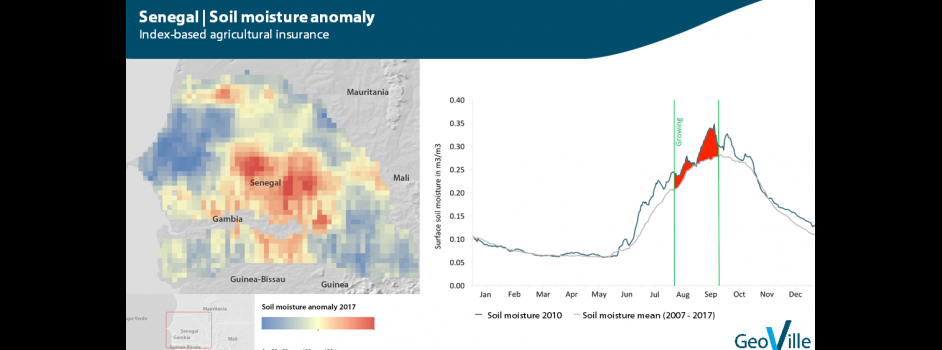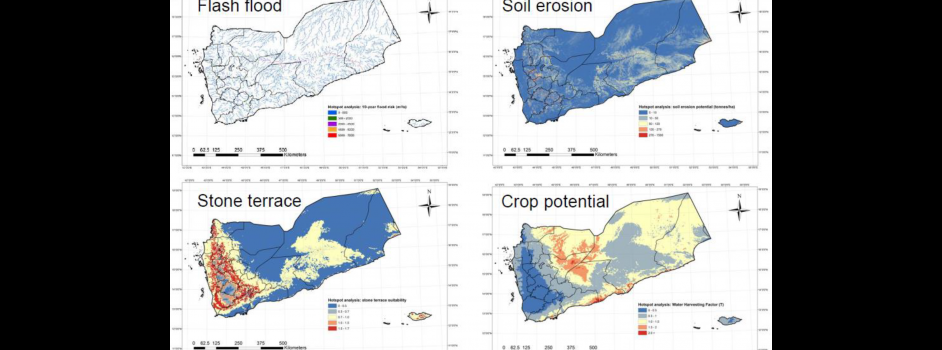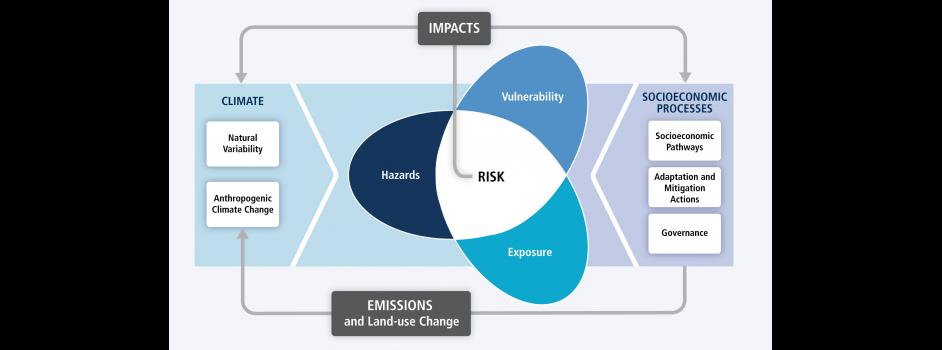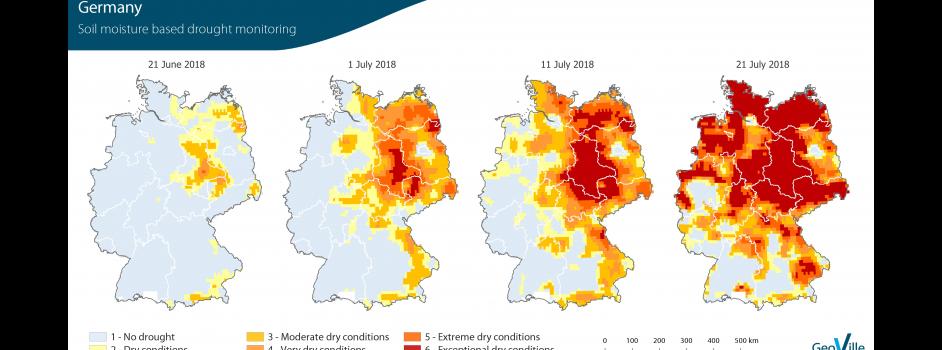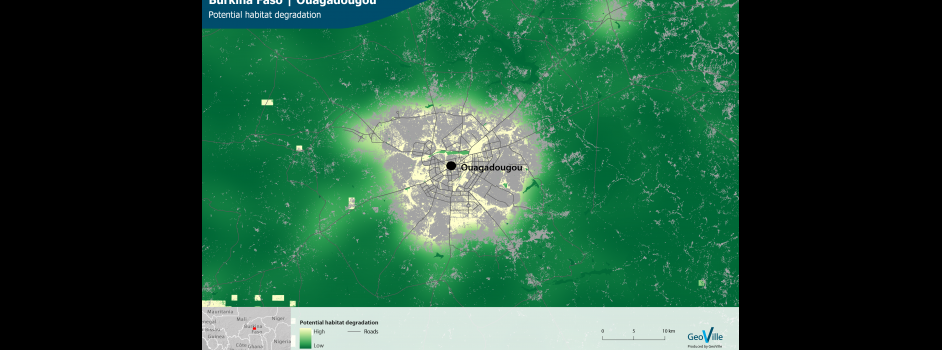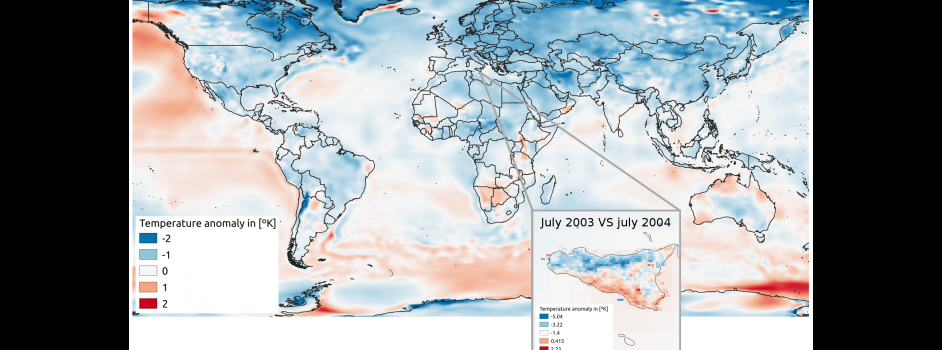Homepage
Earth Observation (EO) has considerable potential to inform and facilitate climate resilient development around the globe. EO data enables global climate research by providing timely and accurate information in large quantities about the Earth’s atmosphere, landmasses, and oceans. This information combined with information about our society can paint a very powerful picture about climate risks and resilience building opportunities.
Since 2008, the European Space Agency has worked closely with International Financing Institutions (IFIs) and their client countries to harness the benefits of EO in their operations and resources management. Earth Observation for Sustainable Development (EO4SD) is a new ESA initiative which aims at increasing the uptake of EO-based information in regular development operations at national and international level.
Objectives
The ESA EO4SD - Climate Resilience Cluster project - aims to provide insight about the potential of EO to support of climate-resilient decision making at the regional and national scale. In collaboration with several IFIs, the project will develop an EO-based integrated climate screening and risk management service to help manage climate-related risks and capitalise on the opportunities that climate resilience can create. The solution will provide a quick, easy assessment of climate anomalies and rapid calculation of climate risk indicators, their historical evolution and associated extreme events.
The project will also build capacity in IFI client states allowing stakeholders to autonomously use EO-based information for climate resilience decision making. In doing this, the project goes beyond offering a one-off solution but creates an enabling environment in which stakeholders will be able to use EO-based information sustainably and autonomously.
EO and climate resilience
Climate change is one of the most important societal challenges humanity is facing. Its impact on socioeconomic systems and vulnerable people puts increasing pressure on developing countries, threatening progress towards the United Nations (UN) Sustainable Development Goals.
The fact that climate change acts as a brake on social and economic development is well established. As a result, many national governments are taking steps to improve the resilience of livelihoods and production systems to climate change and its impacts.
Climate resilience – the ability to anticipate, absorb, accommodate, or recover from climate change in a timely and efficient manner – has therefore emerged as an important framework for policy and programme development.
EO offers a wide range of possibilities to monitor climate-related environmental changes that might affect society. It can complement existing climate data and help complete records in data-sparse regions. EO can provide a robust basis for decision making in IFIs and their Client States by providing information about both natural hazards and the exposure of people and assets.
Portfolio
Our portfolio provides a preliminary list of EO-based services the project consortium can offer to support decision making on climate resilience.

Where we work
The EO4SD Climate Resilience Cluster will provide the following IFIs and Multilateral Development Banks (MDBs) tailored EO-based information that will inform their climate resilience decision making: World Bank (WB), Asian Development Bank (ADB), International Fund for Agricultural Development (IFAD), African Development Bank (AfDB), International Finance Corporation (IFC) and Inter-American Development Bank (IDB).
The preliminary list of regions and countries in which the project will be carried out includes: Central America and Caribbean, East Africa, Central Asia, South and Southeast Asia. Specific countries will be selected in partnership with IFIs by December 2018.

Project Consortium
The ESA EO4SD Climate Resilience Cluster project consortium brings together decades of experience in and diverse knowledge about geospatial analysis, EO data, climate resilience building in support of sustainable development, and capacity building.
The consortium is led by GMV (Spain) and composed of Telespazio VEGA UK (United Kingdom), GeoVille (Austria), National Observatory of Athens (Greece), Acclimatise (United Kingdom) and SISTEMA (Austria).








